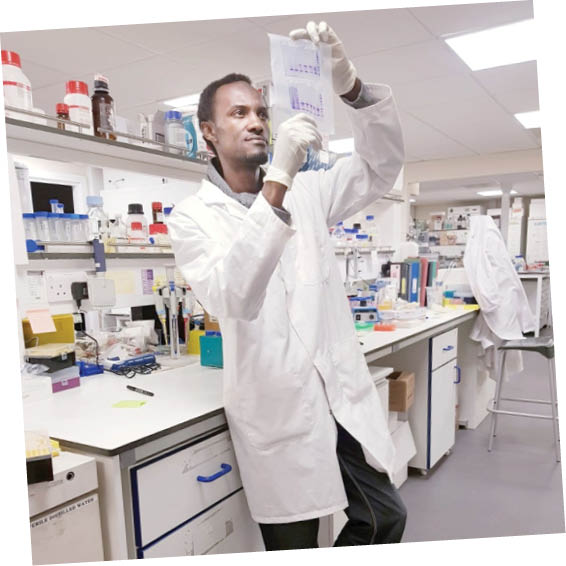72 scientists, journalists for science communication literacy workshop
Seventy tw0 journalists and scientists across Nigeria have been selected to attend the African Science Literacy Network (ASLN) science communication and journalism workshop scheduled for 14 – 16 October, The participants for the workshop were selected from over 300 applications which closed in August 2019, the organisers said. The workshop will introduce scientists and journalists […]

Dr Mahmoud Bukar Maina
Seventy tw0 journalists and scientists across Nigeria have been selected to attend the African Science Literacy Network (ASLN) science communication and journalism workshop scheduled for 14 – 16 October,
The participants for the workshop were selected from over 300 applications which closed in August 2019, the organisers said.
The workshop will introduce scientists and journalists to different methods of engaging wider audience with science and pair scientists and journalists for better communication and improve judgment of information by the general population.
One of the organisers, Dr. Mahmoud Bukar Maina of University of Sussex, UK, told Daily Trust that the objective of the workshop is to train 36 journalists and 36 scientists from Nigeria “on the methodologies of science communication that can be used in communicating health research through outreach activities and the media.”
He said, “Science is the bedrock of advanced societies and a key driver of strong economies” and achieving this requires “a good science infrastructure in schools for teaching and research.”
He added that in Nigeria, science misconceptions are high due to the lack of science culture, “This is partly why people engage in self-medication or avoid vaccination”.
He noted that lack of adequate funding for science in Nigeria affects the ability of institutions to nurture the future generation of scientists which in turn limits the potentials in advancing the society through scientific innovation.
“This problem persists because of the near absence of science communication by scientists. Majority of Nigerian scientists do not actively engage the public about the importance of their research, and there is a low interest in science journalism among journalists, and often, inaccurate reporting of research findings in the media”, Mahmoud explains.
He added that the workshop funded by Wellcome Trust through TReND (Teaching and Research in Natural Sciences for Development) in Africa, is also meant to create a partnership between scientists and journalists for the long-term development of science in Nigeria.
